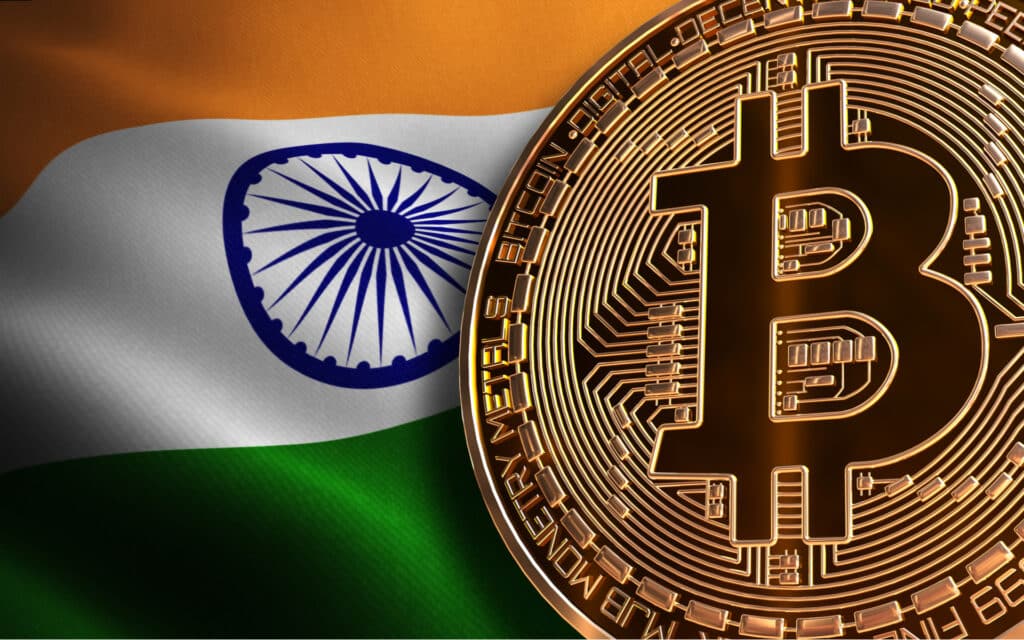India stands at a critical juncture in shaping the future of cryptocurrency. With a global crypto market capitalization exceeding $2 trillion and a rapidly growing user base, the call for progressive and sensible crypto regulations has never been more urgent. Ramesh Kailasam, CEO of IndiaTech.org, recently emphasized the importance of clear regulatory frameworks to unlock the potential of the crypto industry in India, which is home to an estimated 15 million crypto holders.
The Growing Crypto Market: A Global Perspective
1. Market Cap and User Base Growth
- The global crypto market reached a valuation of $2 trillion in April 2021, with Bitcoin alone worth more than $900 billion.
- The crypto user base grew by 190% between 2019 and 2020, surpassing 200 million users worldwide.
2. Corporate Adoption of Crypto Assets
- Corporations across the globe are embracing crypto assets as digital gold or tokens, serving decentralized applications.
- Crypto is increasingly being used for activities like remittances, trading, lending, and capital raising.
India’s Crypto Landscape
1. Significant Potential, Limited Investments
- An estimated 15 million Indians hold cryptocurrencies, reflecting substantial local interest.
- Despite global investments in blockchain startups exceeding $5.5 billion, Indian companies have received less than 0.2% of this capital.
2. Challenges in Regulatory Acceptance
- The Reserve Bank of India (RBI) has issued multiple cautionary notices, warning users of cryptocurrency risks.
- Regulatory uncertainty has hindered the growth of Indian crypto startups, even as global adoption accelerates.
The Supreme Court Ruling: A Turning Point
1. RBI Circular and Industry Shutdown
- In 2018, the RBI issued a circular prohibiting banks from servicing crypto businesses, effectively stalling the industry.
- This led to a near-complete shutdown of India’s crypto exchanges for two years.
2. Supreme Court’s Supportive Judgment
- In March 2020, the Supreme Court lifted the ban, stating that the prohibition lacked empirical justification.
- The ruling paved the way for the revival of India’s crypto ecosystem and encouraged innovation.
Ramesh Kailasam on the Need for Regulation
1. Recommendations by IndiaTech.org
- IndiaTech.org, under Kailasam’s leadership, has submitted a detailed white paper outlining practical regulatory frameworks for cryptocurrency.
- The organization represents Indian startups, unicorns, and investors, advocating for balanced regulations to unlock the industry’s potential.
2. Importance of Progressive Policies
- Kailasam stressed the importance of progressive and sensible crypto regulations to encourage innovation while safeguarding users.
- Clear regulations can help India attract global investments and foster a thriving blockchain ecosystem.
Crypto Adoption in India
1. A Rapidly Growing Market
- India’s crypto user base is expanding, driven by increased awareness and adoption of decentralized financial services.
- Cryptocurrencies offer Indians an alternative investment avenue and a tool for remittances and capital raising.
2. Roadblocks to Growth
- Regulatory uncertainty and a lack of empirical data to justify restrictions have limited the sector’s growth.
- The RBI’s cautious stance continues to create ambiguity for investors and businesses alike.
Key Recommendations for India’s Crypto Regulation
1. Clarity in Policies
- Define the legal status of cryptocurrencies, differentiating them from fiat currency and speculative assets.
2. Risk Mitigation Measures
- Implement robust anti-money laundering (AML) and counter-terrorism financing (CTF) measures.
3. Encourage Innovation
- Create sandboxes for blockchain startups to experiment with new technologies in a regulated environment.
4. Taxation and Reporting
- Establish clear guidelines for the taxation of crypto transactions and mandatory reporting for exchanges.
5. Collaboration with Stakeholders
- Engage with industry bodies like IndiaTech.org to draft policies that align with global standards while addressing local challenges.
Opportunities for India in the Crypto Space
1. Economic Growth
- By fostering a supportive ecosystem, India can become a global hub for blockchain innovation and cryptocurrency adoption.
2. Attracting Investments
- Progressive regulations can draw global blockchain investments, boosting the local economy and job creation.
3. Empowering Startups
- With clear policies, Indian startups can compete globally, driving advancements in decentralized finance and other sectors.
Conclusion
India has the potential to become a major player in the global cryptocurrency market. As Ramesh Kailasam points out, progressive crypto regulations are crucial to unlocking this potential. By addressing regulatory challenges and fostering innovation, India can attract investments, empower startups, and provide millions of Indians with access to decentralized financial opportunities.
To achieve this vision, collaboration between regulators, industry leaders, and stakeholders like IndiaTech.org is essential. Clear and practical policies will not only protect investors but also position India as a leader in the blockchain revolution.
To learn more about the innovative startups shaping the future of the crypto industry, explore our article on latest news, where we delve into the most promising ventures and their potential to disrupt traditional industries.
Disclaimer: The information provided is not trading advice, Bitcoinworld.co.in holds no liability for any investments made based on the information provided on this page. We strongly recommend independent research and/or consultation with a qualified professional before making any investment decisions.




